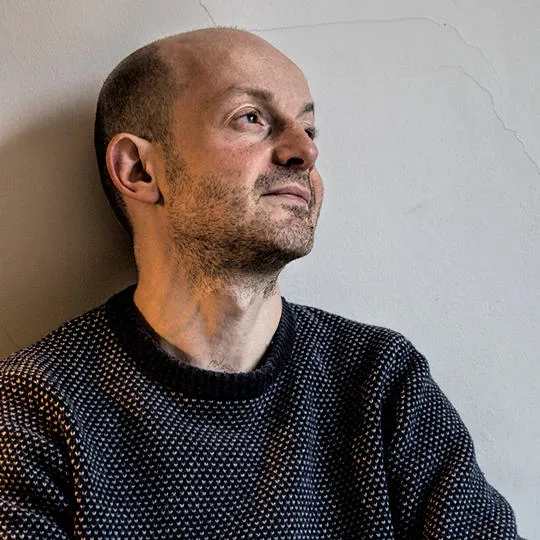Work, Welfare and Mental Health: Transitions Over Time
This project uses qualitative longitudinal methodology to explore transitions between work and welfare benefits over time, for people who have experience of mental health problems.
A large and ever-growing body of literature reports the harmful mental health effects of UK welfare reforms over the past two decades, and the particularly distressing experiences for those with existing mental health problems. Meanwhile, government welfare-to-work policies and initiatives over this period have had little effect on reducing the numbers of people receiving welfare benefits due to mental health problems.
This study seeks to provide in-depth, real-world and multifaceted qualitative evidence on how people with experience of mental health problems move between welfare and work, what are the key influences on change and what are the significant enablers and barriers.
We will enhance the extant evidence base by taking a more critical approach to concepts of mental health, and by inviting participant-led accounts that take a life course and lifeworld perspective on experiences of work-welfare transitions. Our approach will unpack and privilege subjective interpretations of mental health, and take a holistic approach to causal explanations of work-welfare transitions. By tracking transitions into and out of work over time, we will also deliver insights into the role of precarious and insecure work and one of the most recent and contentious strands of welfare reform policy, in-work conditionality for those claiming Universal Credit.
Aims
- To understand in qualitative detail the multiplicity of complex and dynamic factors influencing transitions between work and welfare, for people experiencing mental health problems, using timeline and qualitative longitudinal research (QLR) methodology.
- To advance current research in this policy area by bringing a tripart focus on welfare, work and mental health within one unified study.
- By using a more unstructured and responsive methodology, to foreground participant narratives and interpretive frameworks, potentially decentring medicalised explanations and enabling the emergence of alternative understandings of causality, influence and agency.
- To innovate within the QLR field by undertaking more intensive contact with participants over a concentrated period of time, to capture more proximately the real-time experience of change and transition.
- To provide policymakers with detailed and nuanced evidence on the real-world experiences of people navigating the world of work and welfare alongside mental health problems, shedding light on enablers and barriers from a holistic lifeworld perspective.
Methods
The project will seek to engage 15-20 individuals with lived experience of work, welfare benefits and mental health problems, in a series of three waves of qualitative longitudinal interviews over a 12-month period.
The first interview will take an unstructured narrative approach and will incorporate a visual timeline activity. Participants will be invited to map their work history on a timeline, using pen and paper, to support the in-depth recounting of their experience of work-welfare transitions over time. Subsequent interviews will build on this timeline, exploring more recent changes and transitions relating to mental health, work and welfare.
Between interview waves, we will use the mobile app Indeemo to keep in touch with participants and attempt to capture salient changes and transitions in more proximate ‘real-time’. Participants will be able to send voice notes and written updates at any time, and researchers will arrange brief responsive interviews where possible.
Impact
Findings will offer insights for welfare policy, employment support providers, and employers as to the key enablers and barriers to successful transitions into and retention within employment, for people who have experienced mental health problems. The project will take a critical lens on the dominance and centrality of medicalised models within the welfare system, and seek to offer a more holistic account of people’s lived experience of work and welfare transitions, recognising the role of wider social circumstances and societal infrastructures.
Additional Information for study participants:
For more information about organisations you might like to seek additional support from, you can find our useful contacts document here


